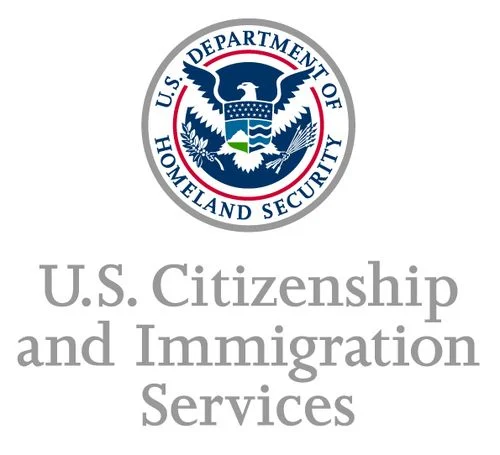Artist Visa Cost Increases, Harmful Policy Changes

The U.S. Department of Homeland Security (DHS) has issued a proposed rule that would impose very steep increases to some of its filing fees, including for O and P artist visas applications filed by U.S. petitioners. The comment period is open until March 6, 2023, after which DHS and U.S. Citizenship and Immigration Services (USCIS) anticipate taking several months to review public feedback and consider adjustments. The proposed rule would revive and worsen many elements from a 2019 DHS proposal that was ultimately enjoined and prevented from going into effect. This new rule proposes:
- Filing fees for regularly-processed O visa petitions would increase by 260% from $460 to $1,655 per petition (this would include a $600 surcharge to fund the Asylum Program Fee).
- Filing fees for regularly-processed P visa petitions would increase by 251% from $460 to $1,615 per petition (this would include a $600 surcharge to fund the Asylum Program Fee).
- The total number of individuals on a single petition, including O and P arts petitions, would be capped at 25 beneficiaries. This would require numerous petitions for larger ensembles. For example, a visiting ballet company comprising 110 dancers (or orchestra comprising 110 musicians), plus a handful of accompanying support staff would require 6 visa petitions rather than 2.
- The Premium Processing Service (unaffordable to most organizations at a current cost of $2,500) would take longer with USCIS redefining the timeframe from 15 calendar days to 15 business days (federal working days) in order to complete processing. As this fee was very recently increased, it is disappointing that proposed processing times would lengthen–decreasing efficiency–and fail to provide improvements after this additional funding has been realized.
Arts North Carolina has cosigned joint comments with other national, regional, and state arts stakeholders in response to specific changes outlined in this proposal, pointing out the severe economic harm these proposals would inflict upon a sector that is still recovering from the effects of COVID-19. Members of the public are also invited to respond, and this is an important time for arts stakeholders to speak up to describe the artistic and economic impact of these proposals. Points to emphasize in the comments might include:
- Arts stakeholders in all parts of the U.S. engage international artists and do not have the ability to pay these proposed fees.
- Drastic fee increases will stifle international cultural activity, put U.S.-based jobs at risk, and have a negative economic ripple effect on communities supported by arts events.
- Delays in processing are already forcing some petitioners to pay the unaffordable Premium fee, or forgo engaging international artists.
- Any fee increase must be accompanied by improvements to the visa process to make it more efficient and reliable.
Comments can be filed online through the Federal Register portal, by the deadline of March 6, 2023. We recommend you also forward a copy of your comments to your U.S. Senators and member of the U.S. House of Representatives.
Considerations for Comments to the Federal Register
For Artists:
- What would be at stake – financially, artistically/programmatically, operationally?
- Describe how international activity supports your artistry, career
- Describe the impact that increased costs will have on performance opportunities, particularly given ongoing recovery from the pandemic.
For Organizations/Agent/Venues:
- What kinds of artists do you engage?
- What would be at stake – financially, artistically/programmatically, operationally?
- Would entire performances be canceled if you had to file fewer or no visas at all in a season? What would that cost?
- What does it cost when an already-planned program has to be canceled, rescheduled, or a last-minute substitution be made due to unresolved visa snafus?
- How much $ do you budget for filing fees and occasionally engaging legal assistance for filing visa petitions?
- What percent of your overall artistic budget does this represent and what percent is this compared to your overall operating budget?
- USCIS is asking for feedback on their assumptions around our ability to pay – what kind of data can you provide that would refute their calculations, which look at total budget or sales revenue?
- What are the enduring financial and programmatic impacts of COVID-19 on your organization or business? USCIS has detailed its own impacts and cuts to justify increasing fees. What can you share in return?
